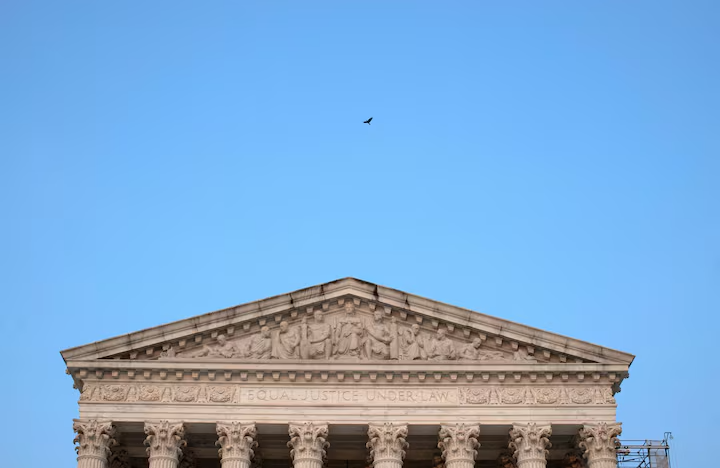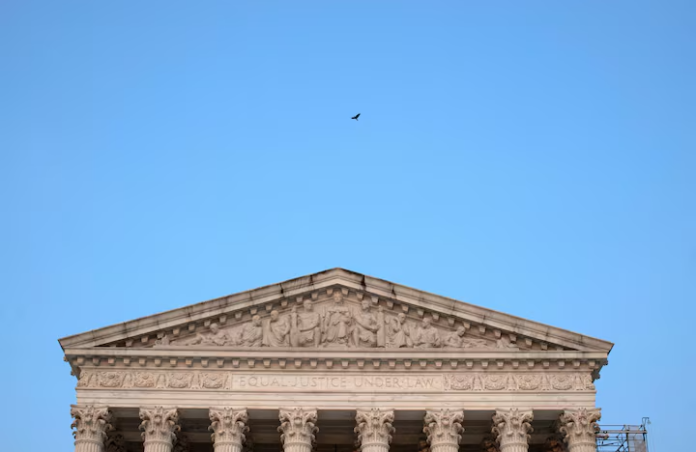The U.S. Supreme Court is stepping into a heated national debate this week—should parents have the right to keep their elementary school children from reading LGBT-inclusive storybooks in public schools?
On Tuesday, the Court will hear a case brought by a diverse group of religious parents in Montgomery County, Maryland, including Muslim, Roman Catholic, and Ukrainian Orthodox families. Their request? To be allowed to opt their children out of classes where books featuring LGBTQ+ characters are read aloud.
These parents argue that the school district’s refusal to grant opt-out rights violates their constitutional freedom to practice religion, as guaranteed by the First Amendment. They claim the books promote ideas that conflict with their religious teachings, such as acceptance of transgender identities and romantic relationships at a young age—all without prior parental notification or permission to decline participation.
Montgomery County Public Schools introduced the LGBT-themed storybooks in 2022 as part of an effort to reflect the diversity of modern families in the U.S. According to school officials, these books are not designed to teach about gender identity or sexuality, but rather to be integrated alongside traditional stories to promote inclusivity and representation.
Originally, the district allowed parents to opt out. However, by 2023, after receiving an overwhelming number of requests, administrators ruled that opt-outs for these particular lessons were no longer feasible. Exceptions are still permitted for sex education, but not for general reading and language-arts content.
The parents, represented by the conservative legal group Becket Fund for Religious Liberty, argue that this new policy forces their children to engage with content that contradicts their faith. They filed a lawsuit against the district, which was denied by a lower court. The 4th U.S. Circuit Court of Appeals found no evidence that students were being coerced into changing their beliefs, and stated that simply being exposed to different viewpoints does not amount to a constitutional violation.
Now, the Supreme Court—dominated by a 6-3 conservative majority—will decide whether that exposure crosses a constitutional line.

Supporters of the school district argue that public education cannot cater to every individual family’s beliefs. The Freedom From Religion Foundation, a secular advocacy group, warned that granting opt-out rights on religious grounds could set a precedent allowing parents to challenge almost any educational material.
On the other hand, religious liberty scholars backing the parents believe that ignoring their concerns sets a dangerous precedent that could erode parental rights in schools.
This case is part of a broader series of high-stakes decisions the Supreme Court is expected to rule on this term, many of which involve religion, education, and personal freedoms. A ruling is expected by the end of June, and the outcome could have lasting implications for the future of curriculum design and religious rights in public education.



